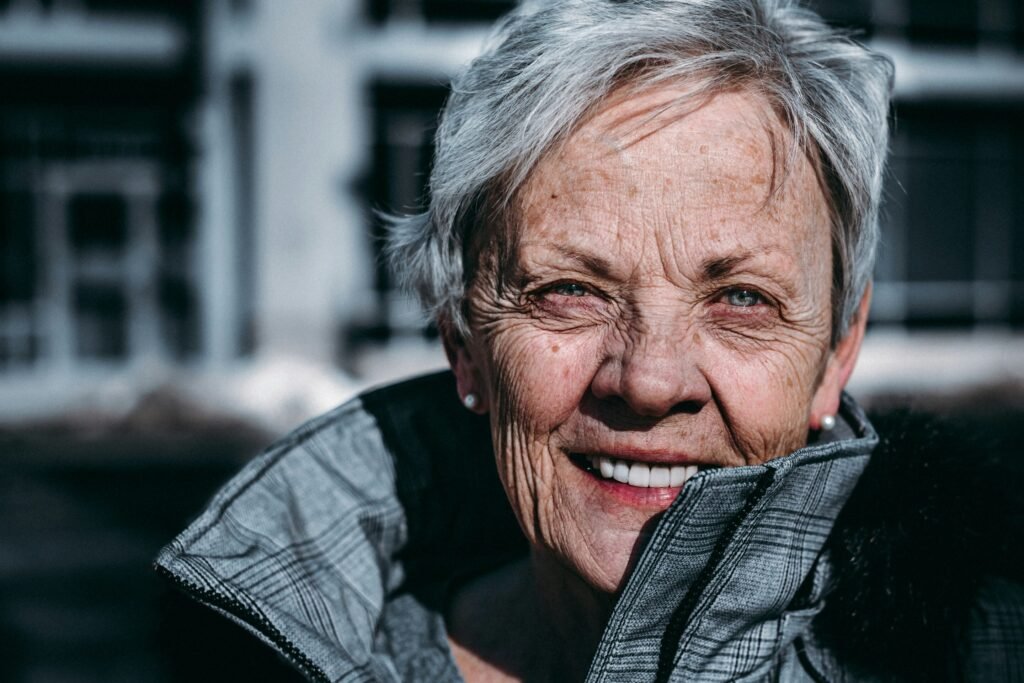A recent study conducted by researchers at USC Leonard Davis School of Gerontology has revealed a concerning trend: Americans with lower levels of education are aging at a faster rate compared to their more educated counterparts. This educational disparity in biological aging has only widened over the past three decades, highlighting the growing health inequalities in the United States.
Biological aging, as opposed to chronological age, provides a more accurate assessment of how the body is changing over time and how well organs and systems are functioning. For example, two individuals both aged 65 may exhibit vastly different biological profiles, with one showing signs of aging earlier than the other. This distinction is crucial in understanding health disparities and predicting disease risk.
Published in the journal Demography, the study underscores the importance of education in influencing overall health outcomes. USC University Professor Eileen Crimmins, the senior author of the study, emphasizes that biological age offers valuable insights into an individual’s health trajectory and susceptibility to illness and disability.
Analyzing data from the National Health and Nutrition Examination Survey, the researchers focused on adults aged 50 to 79 during two periods: 1988–1994 and 2015–2018. While biological aging decelerated for all participants, the benefits were disproportionately skewed towards individuals with higher levels of education. The gap in biological aging between those with less than a high school education and college graduates nearly doubled from one year to two years over the study period, indicating a widening divide.
Factors such as smoking, obesity, and medication use were examined to determine their influence on the growing gap in biological aging. Surprisingly, these variables did not account for the widening inequality, suggesting that education itself plays a pivotal role in shaping health outcomes. Education not only opens up opportunities for better jobs and higher income but also correlates with healthier lifestyle choices.
The implications of this educational divide in biological aging are significant, as individuals with lower levels of education may not only have shorter lifespans but also spend more years in poor health. Addressing these disparities is not just an individual responsibility but a societal issue that requires a public health investment in education.
The study serves as a stark reminder of the far-reaching consequences of educational inequality on the health and well-being of future generations. By acknowledging education as a powerful determinant of health, we can work towards reducing health disparities and fostering a more equitable society.
For more information on this study, you can refer to the publication in Demography by Mateo P. Farina et al. (DOI: 10.1215/00703370-12175545). This research was conducted in collaboration with the University of Southern California, underscoring the importance of interdisciplinary efforts in addressing health inequities.


